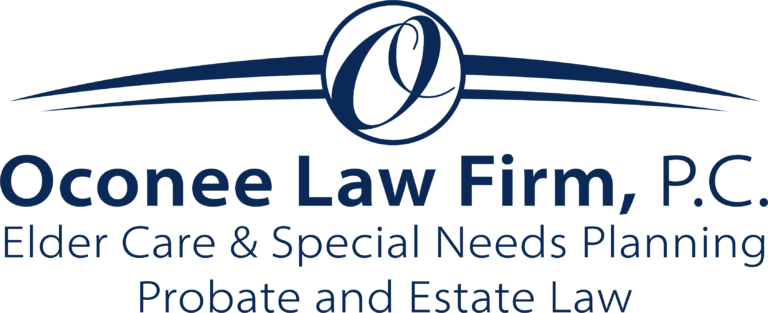People are often surprised to learn a power of attorney is one of the most urgently needed estate planning documents to have, with a last will and health care proxy close behind in order of importance. Everyone over age 18 should have these documents, explains a recent article titled “The dangers of not having a power of attorney” from the Rome Sentinel. The reason is simple: if you have a short- or long-term health problem and can’t manage your own assets or even medical decisions and haven’t given anyone the ability to do so, you may spend your rehabilitation period dealing with an easily avoidable nightmare.
Here are other problems that may result from not having your incapacity legal planning in place:
A guardianship proceeding might be needed. If you are incapacitated without this planning, loved ones may have to petition the court to apply for guardianship so they can make fundamental decisions for you. Even if you are married, your spouse is not automatically empowered to manage your financial affairs, except perhaps for assets that are jointly owned. It can take months to obtain guardianship and costs far more than the legal documents in the first place. If there are family issues, guardianship might lead to litigation and family fights.
The cost of not being able to pay bills in a timely manner adds up quickly. The world keeps moving while you are incapacitated. Mortgage payments and car loans need to be paid, as do utilities and healthcare bills. Lapses of insurance for your home, auto or life, could turn a health crisis into a financial crisis, if no one can act on your behalf.
Nursing home bills and Medicaid eligibility denials. Even one month of paying for a nursing home out of pocket, when you would otherwise qualify for Medicaid, could take a large bite out of savings. The Medicaid application process requires a responsible person to gather a lot of medical records, sign numerous documents and follow through with the appropriate government authorities.
Getting medical records in a HIPAA world. Your power of attorney should include an authorization for your representative to take care of all health care billing and payments and to access your medical records. If a spouse or family member is denied access to review records, your treatment and care may suffer. If your health crisis is the result of an accident or medical malpractice, this could jeopardize your defense.
Transferring assets. It may be necessary to transfer assets, like a home, or other assets, out of your immediate control. You may be in a final stage of life. As a result, transferring assets while you are still living will avoid costly and time-consuming probate proceedings. If a power of attorney is up to date and includes a fully executed “Statutory Gift” authorization, your loved ones will be able to manage your assets for the best possible outcome.
The power of attorney is a uniquely flexible estate planning document. It can be broad and permit someone you trust to manage all of your financial and legal matters, or it can be narrow in scope. Your estate planning attorney will be able to craft an appropriate power of attorney that is best suited for your needs and family. The most important thing: don’t delay having a new or updated power of attorney created. If you have a power of attorney, but it was created more than four or five years ago, it may not be recognized by financial institutions.
Reference: Rome Sentinel (July 25, 2021) “The dangers of not having a power of attorney”
Suggested Key Terms: Power of Attorney, Will, Health Care Directive, Guardianship, Incapacitated, Nursing Home, Medicaid, Eligibility, HIPAA, Statutory Gift, Probate, Assets, Estate Planning Attorney, POA

